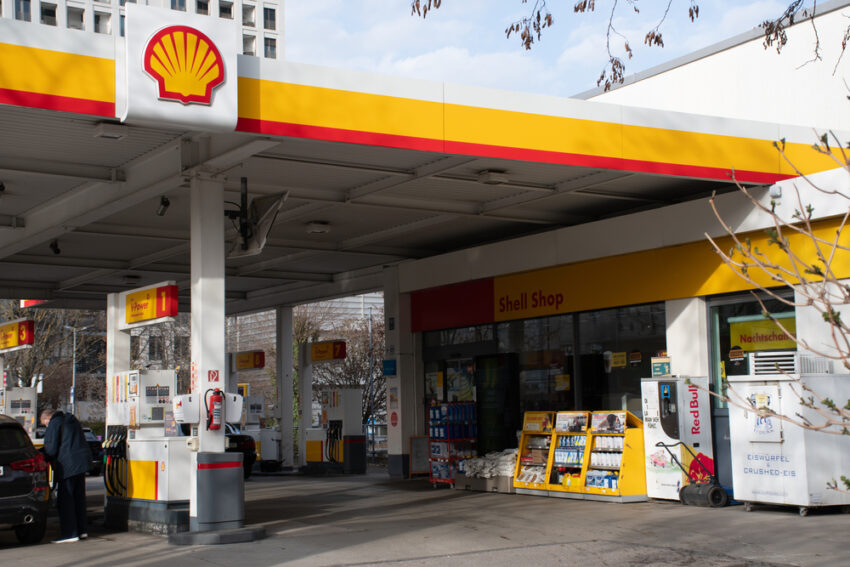Oil and gas giant Shell has reported record annual profits after energy prices surged last year following Russia’s invasion of Ukraine.
The company reported adjusted earnings of $39.9bn (£32.2bn) for 2022, the highest in its 115-year history.
Energy firms have been making record profits after oil and gas prices jumped following Russia’s invasion of Ukraine.
The profits have heaped pressure on firms to pay windfall taxes as households struggle with inflation.
Last year, the UK government introduced a windfall tax – called the Energy Profits Levy – on the profits of firms to help fund its scheme to lower gas and electricity bills.
Oil and gas prices had begun to rise after the end of Covid lockdowns but rose sharply after Russia’s invasion of Ukraine, resulting in bumper profits for energy companies.
The price of Brent crude oil climbed above $120 a barrel in March 2022, but has fallen back since. Oil prices are now below the level seen before the invasion of Ukraine.
Gas prices remain elevated but have been capped for consumers by the government.
Shell chief executive Wael Sawan said the firm’s results “demonstrate the strength of Shell’s differentiated portfolio, as well as our capacity to deliver vital energy to our customers in a volatile world”.
“We believe that Shell is well positioned to be the trusted partner through the energy transition.”
Dr George Dibb, head of the Centre for Economic Justice at IPPR, said: “Bill-payers will be rightly appalled to hear that oil giants like Shell are still seeing sky-high profits. Instead of re-investing those profits in the transition to net zero, they’re spending billions on enriching their own shareholders and executives, announcing a further £3.2bn of share buybacks this morning. The sheer scale of that transfer of wealth – from bill-payers to shareholders – is inexcusable and demands action from the government. The UK should follow the example set by the USA and Canada and fairly tax these share buybacks to raise hundreds of millions for the exchequer.”
